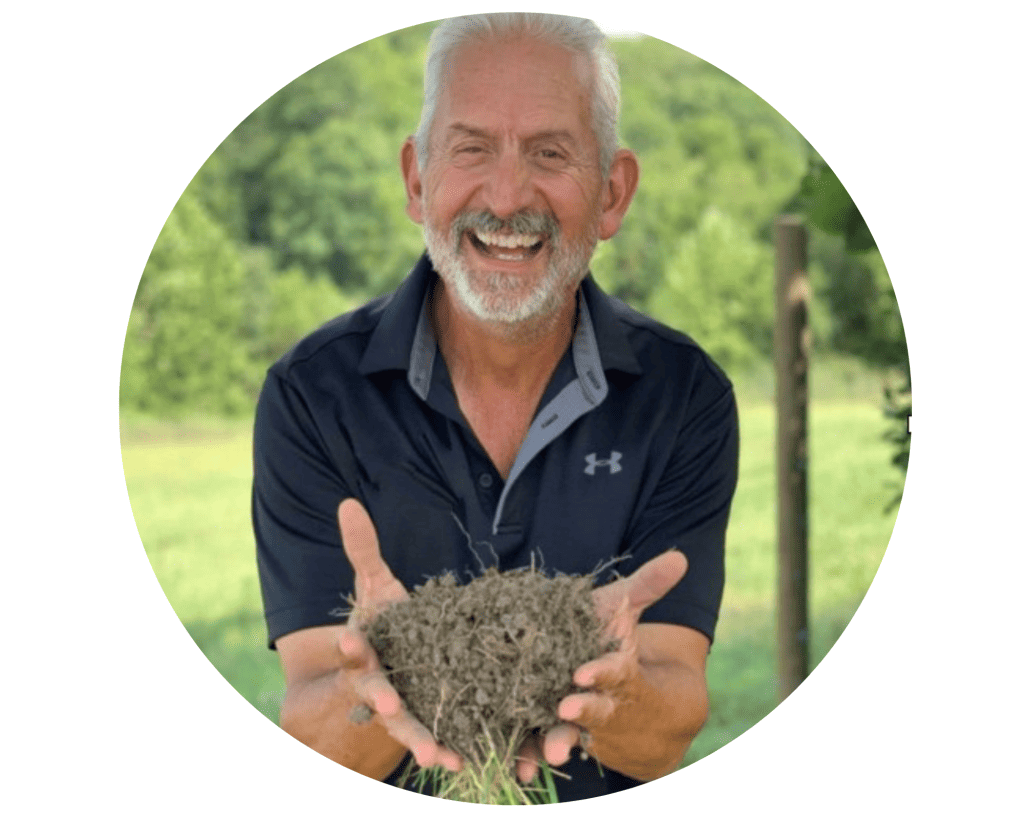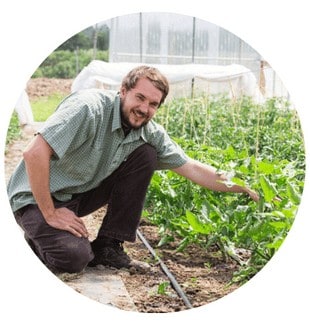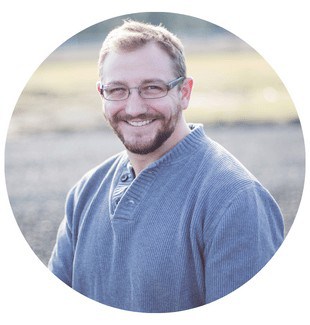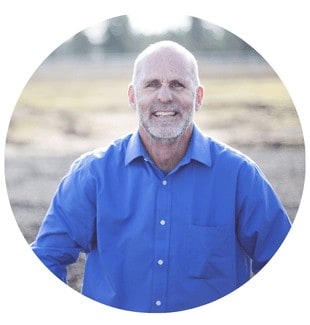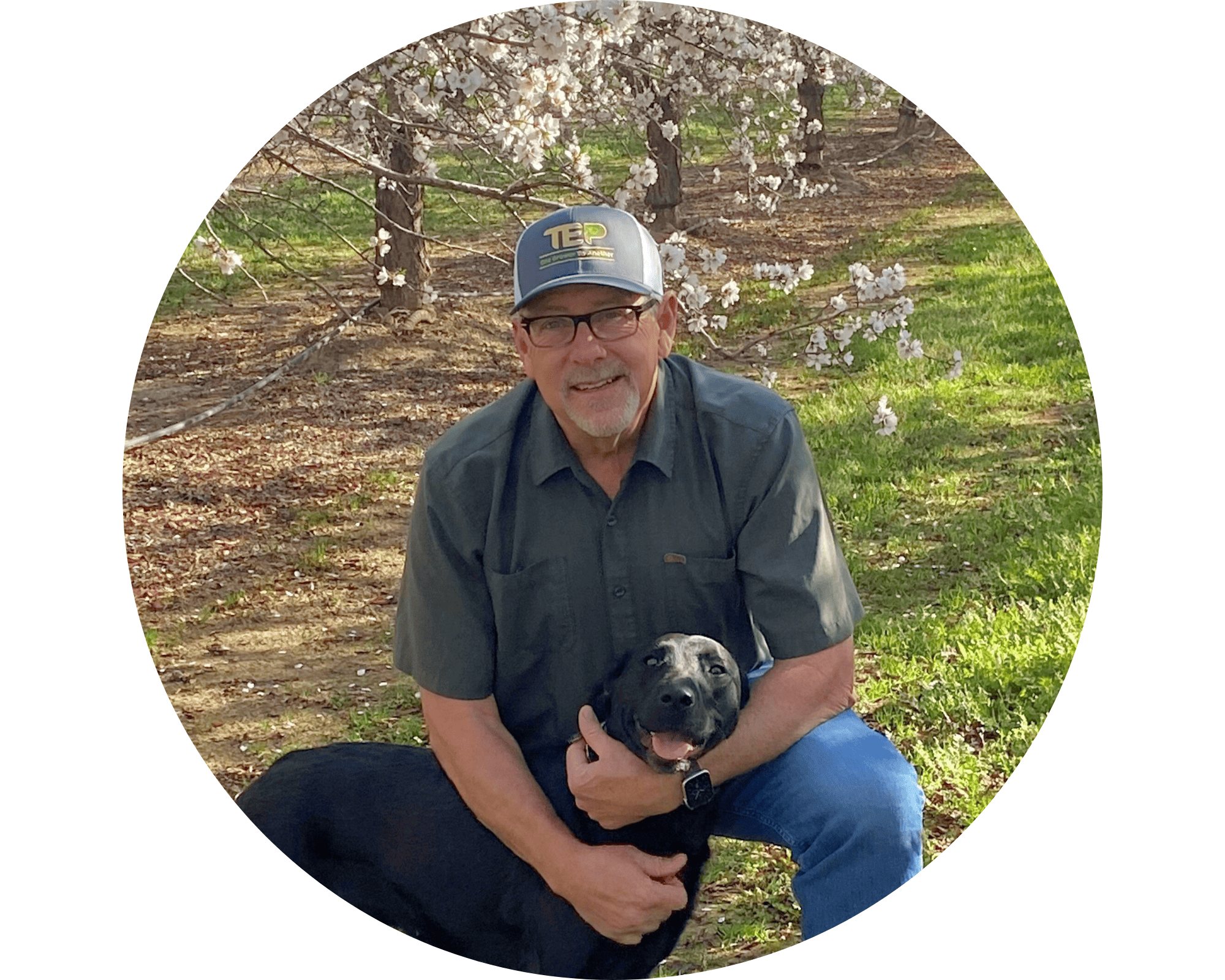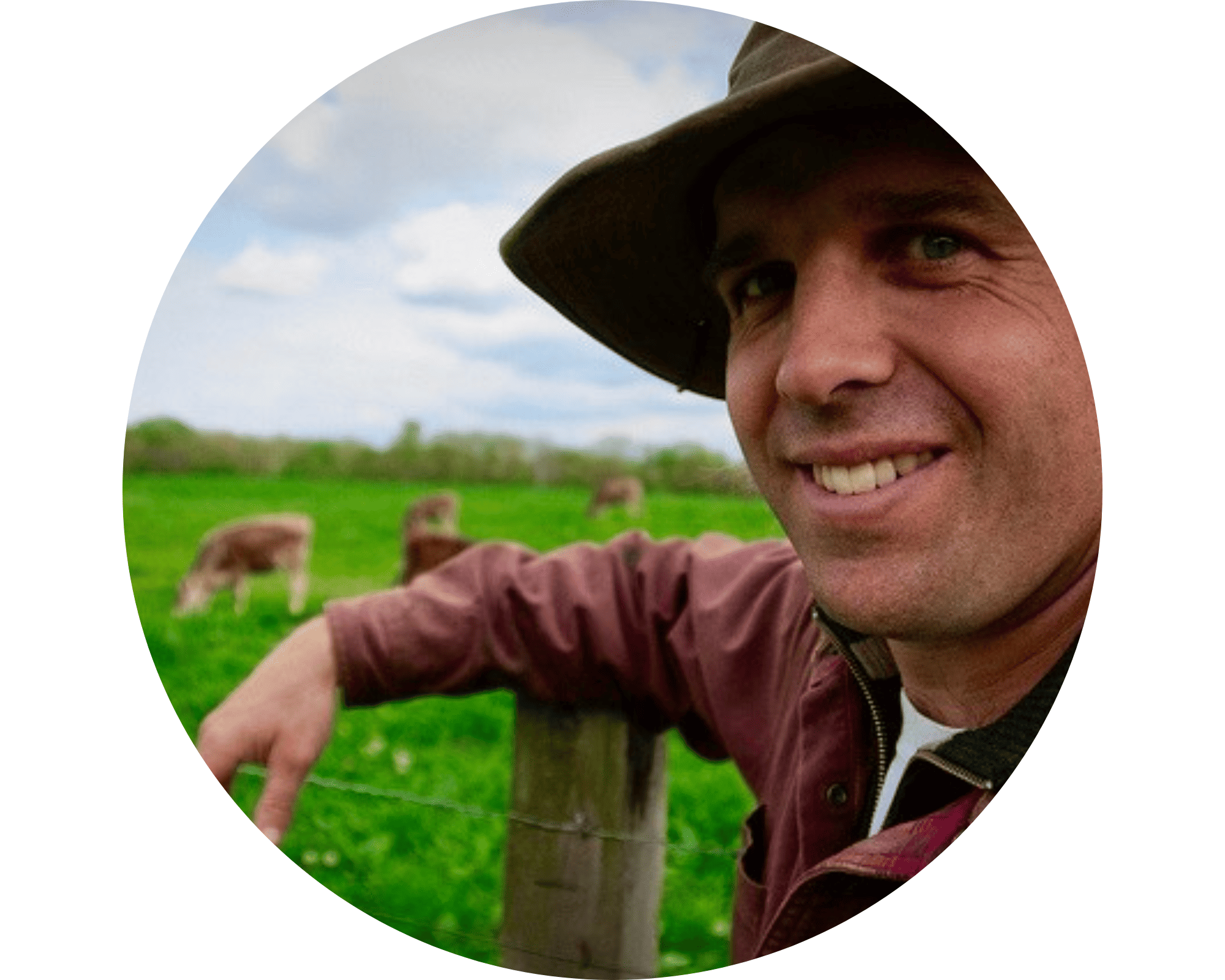This is an essential event for farmers who are improving their soil health management systems. Our instructors are practicing farmers and industry experts. See information on agenda, speakers, the farm tour and roundtables below.
2023 Healthy Soil Summit Agenda
(All times listed in Pacific Daylight Time. Schedule subject to change.)
Day 1: August 23, 2023
6:45 – 7:00 a.m.
Add-On Tour Check-In
7:00 a.m. - 1:00 p.m.
Optional Add-On Tour
*Sold Out* If you would like to be added to the waitlist, please email events@acresusa.com.
Join us on an optional add-on tour to both Pinnacle Organically Grown Produce & Paicines Ranch
12:30 – 1:30 p.m.
WELCOME COFFEE
1:30 – 1:40 p.m.
Welcome
Join Acres U.S.A’s Lydia Lazar to kick off the fifth-annual event. We welcome all to learn and share practical, innovative tactics that will help your operation move in a positive direction for managing and developing soil health, no matter where you are in your journey.
1:40 – 2:10 p.m.
A New Paradigm for Agriculture
David Knaus, Apical Crop Science
Over 100 years ago, a few key innovations in agriculture set the stage for the expansion of mechanized & chemical agriculture across the globe that has contributed tremendously to societal expansion and population growth. Now we are at a similar point in time, with rapidly shifting macroeconomic forces, markets, technology, and environmental stressors all converging to create an agribusiness climate of opportunity, threats and potential for unlimited expansion. Apical CEO David Knaus will present a macro-scale perspective of how regenerative agricultural techniques & technologies fit into a rapidly evolving social, environmental, and technological landscape and how you can be a part of the process.
2:10 – 3:00 p.m.
Biological Farming: A Deep Dive
Steve Becker & Dennis Warnecke, Tainio Biologicals, Inc.
As Tainio Biologicals founder, Bruce Tainio used to say, “soil microorganisms are the key link between mineral resources and plant growth.” As scientific methods have evolved, this linkage has become more and more evident. A plant relies heavily on its microbiome for: proper function, growth, health, and production. Without these microscopic “friends” plant life (as well as all other life on Earth) would look very different and many ecological systems would collapse. During this session, Dennis and Steve will take an in-depth look at the relationship between soil biology and plant health, and ways to utilize this key component to crop success.
3:00 – 3:40 p.m.
NETWORKING COFFEE BREAK
3:40 – 4:20 p.m.
Strategic Case Study: Building Biodiversity Above and Below Ground
Gus Plamann, Biome Makers
What we see above ground is a reflection of what we see below ground. Creating diversity through polycultures, crop rotations, cover crops, and more gives way to an abundance of life in the soil. Measuring and understanding your soil microbiome can help you determine where you are on your soil health journey and next steps for continued improvement. Presented by Gus Plamann of Biome Makers, a global AgTech company on a mission to empower farmers and recover soil health worldwide, this is a foundational soil health session you won’t want to miss.
4:20 – 5:20 p.m.
Reading Your Soil: Mineral Nutrition
David Knaus, Apical Crop Science
Apical founder and CEO, David Knaus, will pull back the curtain on how to use analysis of soil and plant mineral health to support regenerative crop production. Unrealized mineral influences are often the most limiting factors in crop production, but can be swiftly identified and mitigated using strategies of mineral balancing of both macro and micro scale input applications. Attendees will learn how to identify soil health imbalances and plant nutrient antagonisms that can provide a simple and effective entry point to regenerative soil health management.
5:20 – 5:35 p.m.
Closing Day 1
5:35 – 7:00 p.m.
EVENING RECEPTION
Day 2: August 24, 2023
7:30 – 8:00 a.m.
MORNING COFFEE
8:00 – 8:10 a.m.
Welcome
8:10 – 9:00 a.m.
Panel: Tools & Technology to Support Your Soil Health Journey
Laura Decker, microBIOMETER
Gus Plamann, Biome Makers
Moderator: Sarah Day Levesque, RFSI & AcresUSA
Technology is all around us and there’s no exception to this in the world of agriculture. The days of all records being kept only in your shirt pocket’s “red book” don’t have to be forgotten, but they can be improved upon. Data collection on-farm is the language of business and it has made great strides. There is an abundance of things we can learn from our soil and plants and farms if we know how to listen to it, analyze it, and put it to use. Collecting data is only as good as the tools you use and what you do with it. This is your chance to hear from experts and ask questions about which tools and technology might best help you on your soil health journey.
9:00 – 9:40 a.m.
Strategic Case Study: Managing the Water Cycle Through Soil Ecology
Yadi Wang, Oatman Flats Ranch
We can’t make more water, but we can use what we have more efficiently. Yadi Wang is a first-generation farmer and the farm manager of Oatman Flats Ranch. He has experienced severe, extended drought on his farm, as well as extreme flooding and has learned how to implement practices that help his farm and crops thrive through both. Orchardists, ranchers, and farmers will walk away with an understanding of the human impact to ecological succession in which we can embrace the water cycle within the broader natural ecosystem.
9:40 – 10:25 a.m.
NETWORKING COFFEE BREAK
10:25 – 11:50 p.m.
Keynote Address: Ray Archuleta
Regenerative Agriculture: The Power of Biomimicry and Bio-communication
Ray “the Soils Guy” Archuleta was a natural fit for our keynote speaker for this year’s event. Ray brings it all together with his extensive look into the heart of farming – farming with nature instead of against it. He will discuss ecology as a system of bio-communication and connectedness, helping us to transform how we think about our goals in farming. We are taught that our primary goal in farming is to increase yields. This session will guide you to adapting your goals to include biomimicry – emulating nature’s principles and patterns, quality and yield will follow.
11:50 – 12:30 p.m.
Strategic Case Study: The Role of Biologicals in Your Soil Health Journey
Christie Apple, Timac Agro USA
Christie Apple, responsible for field education and mentoring of a team of technical field reps at Timac Agro USA, will be bringing to us some practical coaching on how to understand the relationships between biological products and our soil health endeavors on the farm. She will help us define what biologicals are and how to strategically integrate them into our farming operations but more importantly, she will help us create a framework to understand our farms’ needs by applying basic soil health principles. Attendees will learn to assess farm goals, vulnerabilities, and bring intention into choosing practices and products for their operations. Leaning on her years of field experience, she will be breaking down critical problems growers are grappling with by applying a soil-health-first systems-approach to production.
12:30 – 1:45 p.m.
LUNCH & ROUNDTABLE DISCUSSIONS
Time to network and learn from each other! Select a seat at a table themed around a unique topic related to soil health management systems, and join a discussion with your peers on problems to solve and solutions to implement, and explore the realities of soil health management in a commercial production system.
1:45 – 2:10 p.m.
Roundtables Key Takeaways
Expand your learning by joining and listening to your peers, who will share key outcomes of discussions from lunch.
2:10 – 2:45 p.m.
The New and Profitable Agriculture
Jim Pingrey, JRP Consulting & TEP, Inc.
Agricultural inputs are increasingly more expensive, while crop prices are not following suit. Jim Pingrey, with decades of experience in plant nutrition management, will discuss easy first steps to start saving on inputs and create resiliency on-farm, allowing growers to produce a high quality crop and often increased yields. This session will include how to most effectively utilize plant sap analysis to proactively optimize crop health and nutrient management. He will also discuss updates on new findings with products and cultural practices he is trying this crop season.
2:45 – 3:45 p.m.
Soil Health Agronomist Panel
Jason Hobson, Advancing Eco Agriculture
Jim Pingrey, JRP Crop Consulting & TEP, Inc.
Christie Apple, Timac Agro USA
Jorge Camacho, Baja Agro International
Moderator: Justin Wylie, Wylie Farms
Taking a systems approach to soil health, requires the adoption of new practices, tools, mindsets… and very often, a good agronomist. Farmers will lead the discussion with agronomists as they address:
- the major soil health challenges in the conversion to more regenerative systems
- strategies for reading your system and how to adapt your approach accordingly
- real examples of the ecological and economic benefits of good soil health management
- audience questions and more
3:45 – 4:00 p.m.
Exhibitor Giveaways
2023 Healthy Soil Summit Speakers
Our speakers are vetted practitioners of soil health management and are leaders in agriculture.
We are excited to share our lineup of 2023 speakers and are continually updating, so check back soon.
Be sure to sign up for the News & Announcements email newsletter to get notified right away!
2023 Farm Tour
The Farm Tour is an optional add-on to the Healthy Soil Summit event.
*Sold Out* If you would like to be added to the waitlist, please email events@acresusa.com
Tour Date: August 23, 2023
Time Of Tour: 7am – 1pm (check-in starts at 6:45am)
Stops Include:
Paicines Ranch
Pinnacle Organically Grown Produce
Boxed lunch included and you’ll be back in time for the kick-off to the Healthy Soil Summit.
More Info About The Farms
Paicines Ranch
Nestled in the heart of San Benito County, Paicines Ranch is a historic 7,600-acre ranch that works to regenerate ecosystems by growing healthy soil, nutrient-dense food, and vibrant, diverse communities. Using the practices of regenerative agriculture, the ranch team manages this diverse landscape in partnership with nature and livestock to produce 100% grass-fed-and-finished lamb and beef, and pastured pork, turkey and eggs. They also grow organic grain, as well as organic grapes in a polyculture vineyard that is designed to be managed by sheep. In all 3 areas they are making changes to move towards more perennial systems, more complexity, and more diversity.
Paicines Ranch is pioneering agroecological solutions to regenerate our landscape through a biologically-oriented approach to farming. This regularly puts them at the edge of research-based knowledge regarding agricultural best practices in modern agriculture. This is particularly true as it relates to managing the inherent complexity of integrated cropping and livestock systems. As a result, their in-house research strives to provide relevant and accurate information to guide their practices and help them reach their goals of profitably growing nutritious food while enhancing the health of the ecosystem in which they operate.
Pinnacle Organically Grown Produce
Farm tour attendees will get to learn on a 200+ acre certified organic vegetable and fruit farm. Phil and Katherine Foster grow a diverse range of crops, marketing up to 60 produce items at the peak of the season. They are dedicated to building the soil with cover crops and compost.
They make all of the compost on their own farm. Green waste and manures from San Francisco bay area cities are recycled through the composting process. Pinnacle practices environmentally sensitive pest control by attracting beneficial insects, constructing owl boxes, planting hedgerows, and more.
Pinnacle also works to decrease water consumption and protect water quality by using drip irrigation whenever possible, and other water saving techniques.
They run most of their equipment on biodiesel and utilize solar power on their farm.
Check out this video featuring Phil Foster of Pinnacle Organically Grown Produce produced by New Leaf Community Markets.
Roundtable Discussions
Roundtable discussions will take place at lunchtime on Day 2 of the Healthy Soil Summit. Come talk with our experts and your peers about educational regenerative ag topics.
Stay Informed
Sign up for our email newsletters to receive timely updates about the Healthy Soil Summit and other Acres U.S.A. events in your email inbox.

